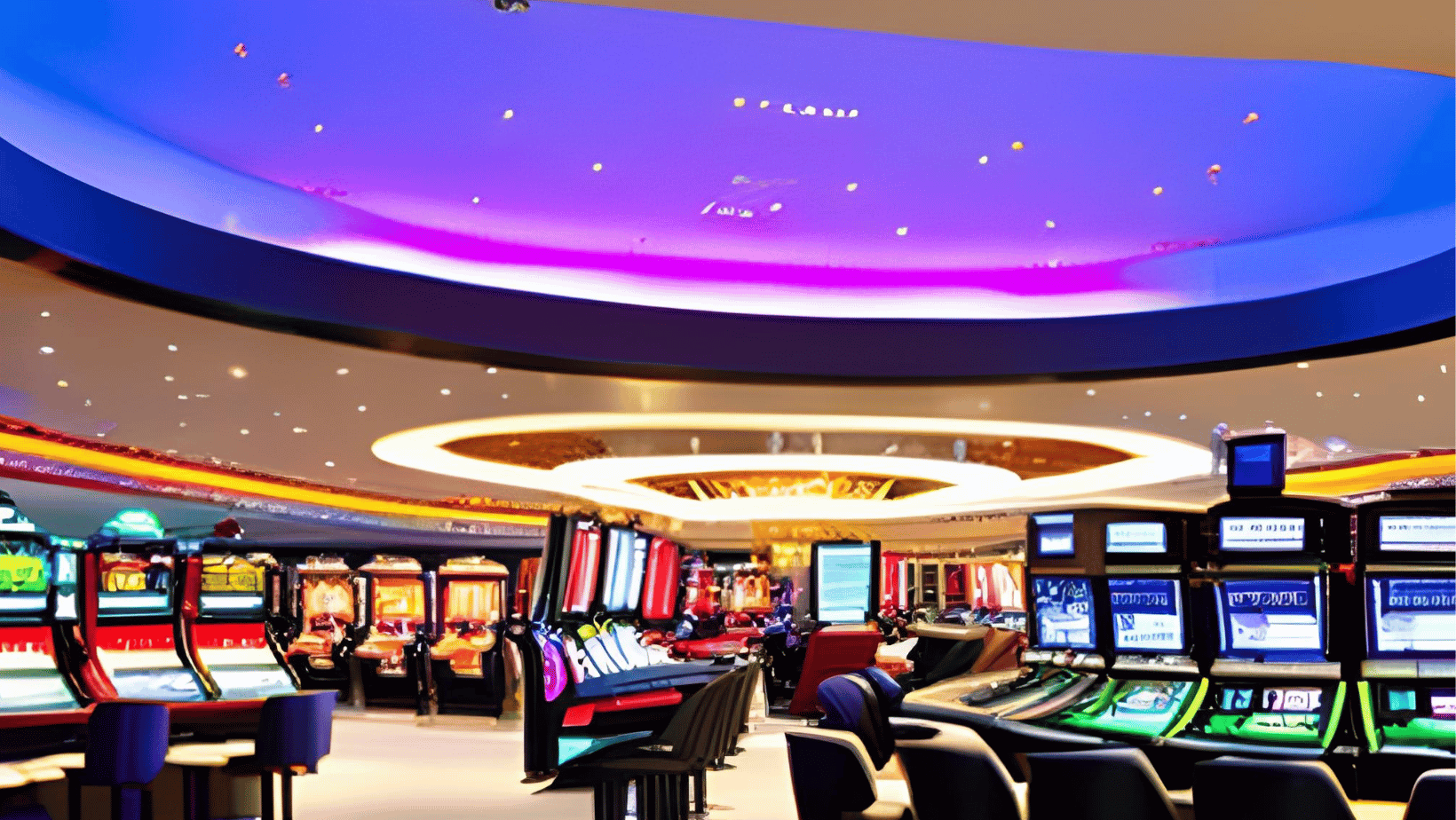
Casino games have captivated for years a wide range of players, offering not only the excitement of risk but also a distinct experience crafted for diverse types of players. Including analytical thinkers who thrive on calculation and skill to more casual gamers in search of entertainment, casinos understand the details of their audience and develop games that cater to these diverse preferences.
In exploring the world of casino games, we find a rich tapestry of game types that interest every kind of player. Poker tables with high stakes draw those who are competitive, while exciting slot machines attract players who seek quick rewards. Whether it be the allure of winning big or simply enjoying the social environment, casinos tailor their game offerings to ensure that everyone finds a spot where they feel comfortable and engaged. Understanding how these games are designed for various player types can enhance not only our understanding of them but also our approach to choosing which games to play.
Understanding Player Groups
In the diverse world of gambling games, gamers can be categorized into separate types based on their motivations and likings. These participant kinds range from the laid-back and social gamers, who enjoy the fun value and social engagements that gambling provides, to the more tactical and analytical players, who seek to boost their odds and profits. Comprehending these distinct player types is essential for casinos to tailor their games and create immersive environments.
One common type is the communal player, who considers casino games as a form of social interaction and entertainment rather than a solemn gambling endeavor. These participants often enjoy games that encourage participation and camaraderie, such as blackjack. Their attention is on the process rather than the conclusion, so dynamic atmospheres and mutual moments are what they cherish the most.
On the other end of the scale, tactical players are driven by competition and the pursuit of ability. They tend to lean toward games that require decision-making and strategy, such as strategic card games, where their skills can determine the result. This type often interacts with the games on a deeper level, utilizing insight and approaches to secure an edge. Understanding these incentives allows casinos to create settings and game selections that address to each gamer’s individual preferences.
Game Design Strategies
Gambling games are designed with varied player types in mind, utilizing multiple strategies to attract and engage them. For casual players, the focus is on ease and clarity. Games like slots are often visually appealing with straightforward mechanics. This allows players to enjoy the experience without a steep learning curve, fostering an welcoming atmosphere. bl555 com The vibrant hues, catchy sounds, and thematic elements create a fun environment where players can easily get involved and enjoying themselves.
For strategic players who enjoy a more profound level of engagement, games such as Texas Hold’em and 21 offer depth and skill-based elements. These games incorporate strategy and tactical choices, appealing to players who excel on challenge and want to utilize their mental skills. The design of these games often includes complex rules and mechanics that challenge players to refine their skills and create strategies over time, resulting in a rewarding experience for those who appreciate perfecting the game.
Moreover, community-oriented players are considered through games that emphasize interaction and community. This comprises live casino options and multiplayer formats, which foster a sense of camaraderie among players. The design of these games often includes communication tools and communal aspects, allowing players to interact and share experiences. By building an environment where participation is promoted, casinos can effectively involve social players, making the gaming experience more enjoyable and unforgettable.
Enhancing Gamer Satisfaction
Betting titles have advanced considerably to offer a more immersive experience for players. Software creators focus on high-quality visuals, rich soundscapes, and novel gameplay features that engage participants into the gaming environment. By leveraging technology, such as immersive technology and augmented reality, casinos ensure that players feel as if they are part of a thrilling atmosphere, enhancing not only the pleasure of the titles but also the overall enjoyment of being in a gambling venue.
Social interaction is another key factor in boosting player experience in casino options. Numerous options are crafted to facilitate engagement among gamers, whether through multiplayer modes or chat features. This social aspect is attractive to gamers who enjoy interacting with others while competing, developing a community vibe community. Furthermore, interactive elements can feature ranking systems, tournaments, and incentives for cooperative gaming, which capture competitive participants and motivate them to return for more.
Finally, personalization plays a pivotal role in tailoring the interaction for various gamer demographics. Betting companies and game developers examine player behavior and preferences to provide personalized game options and rewards. By grasping the unique tastes of participants, betting venues can present personalized promotions, incentives, and new game releases that satisfy each participant, thus boosting their complete engagement and commitment to the betting establishment.